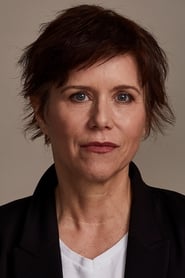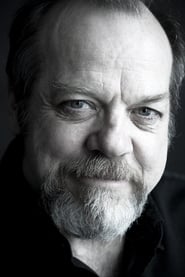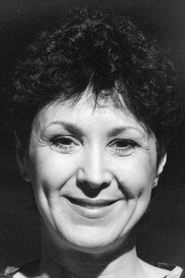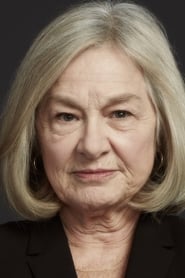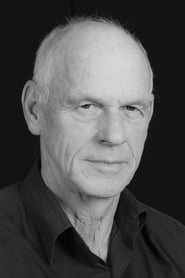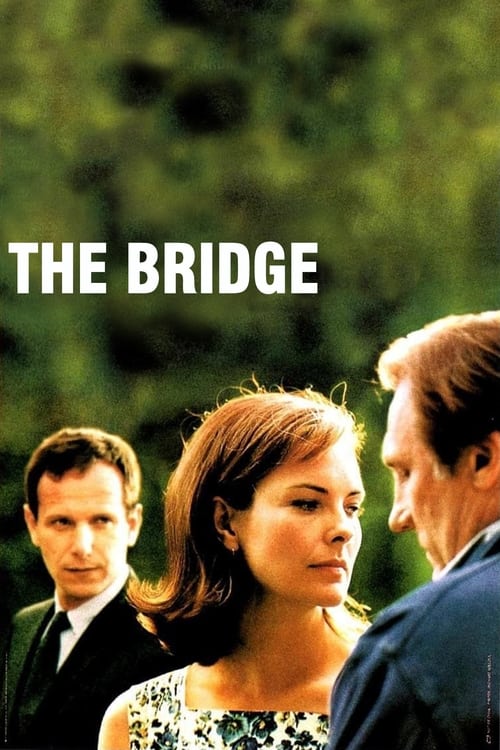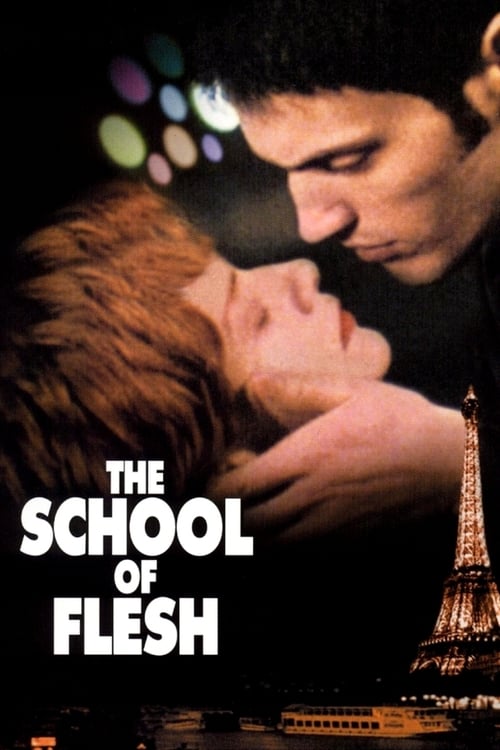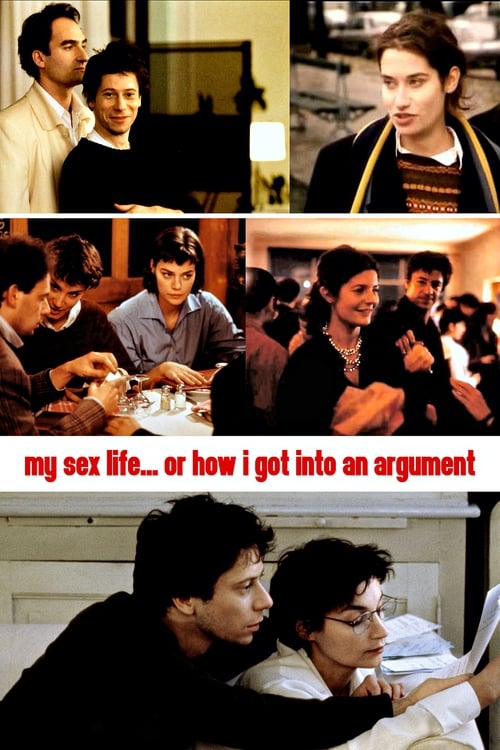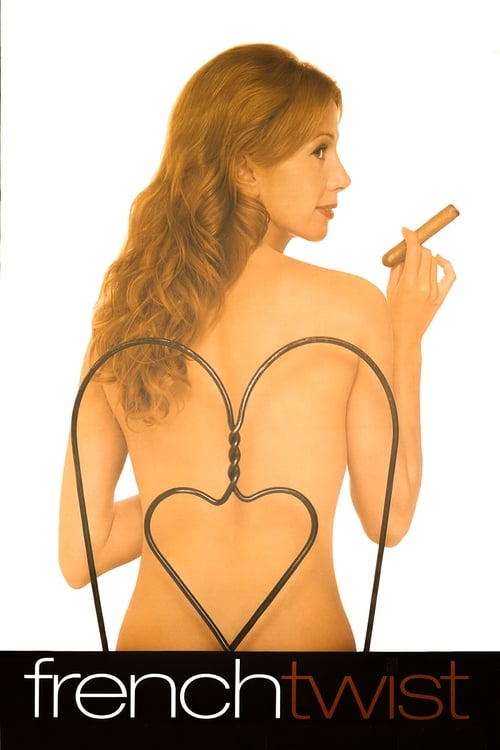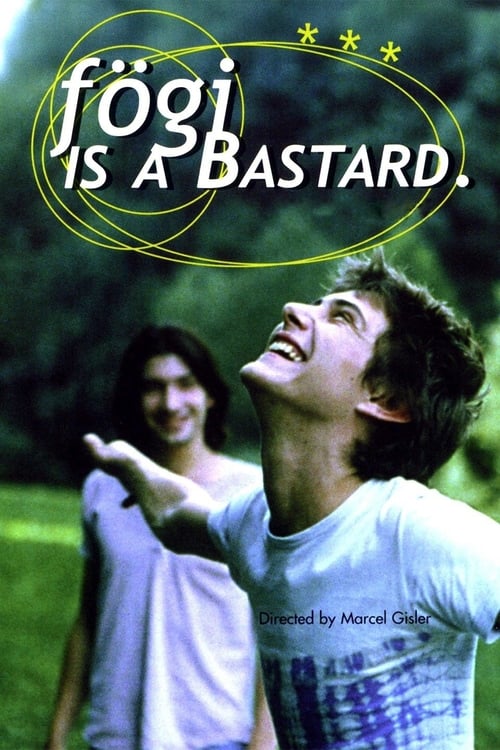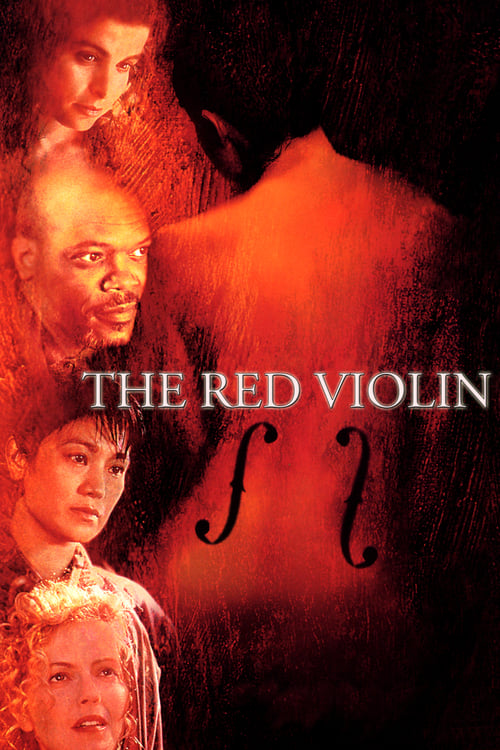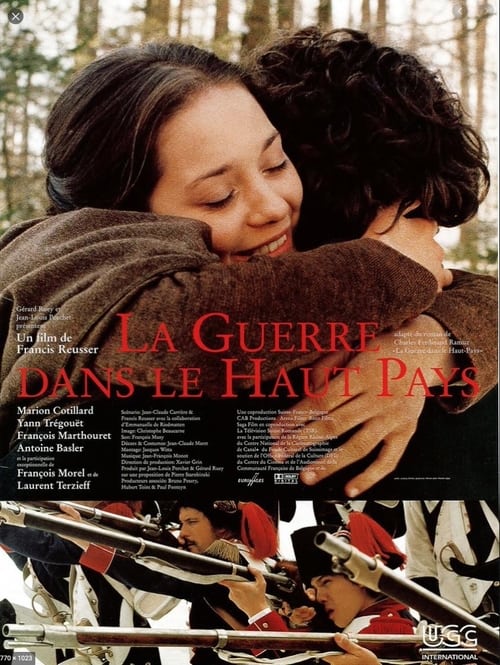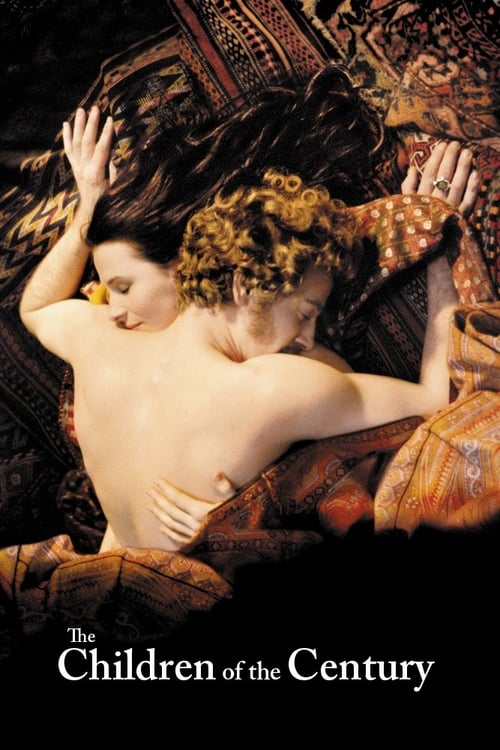
Ask Your Own Question
What is the plot?
Montreal, late 1990s. The city breathes with the quiet hum of a working-class neighborhood, where the streets are lined with modest buildings and the air carries the scent of damp pavement and distant music. In a small, cluttered apartment on the third floor, Louise (Pascale Montpetit) wakes to the soft light of morning. She sits up slowly, her eyes heavy with the weight of another day that stretches ahead with no clear purpose. The room is filled with books, scattered photographs, and the faint echo of yesterday's thoughts. She walks to the window, gazing out at the city below, her reflection merging with the glass. There is no dialogue, only the ambient sounds of the waking city--cars passing, distant voices, the creak of the building settling into the day. Louise is unemployed, adrift, searching for something she cannot name.
Later that morning, Louise meets her older sister, Paulette (Anne-Marie Cadieux), at a local café. Paulette is pragmatic, her life defined by routine and responsibility. She works at a small store nearby, her days filled with the practicalities of survival. As they sit across from each other, Paulette's concern is evident. "You can't just wander around all day," she says, her voice tinged with frustration. "You need a job, a plan." Louise looks down at her hands, twisting her fingers together. "I don't know what I want," she replies, "but I know I don't want to be like you." The words hang in the air, a quiet rebellion against the life Paulette has built. Paulette's expression hardens, but there is a flicker of something deeper--fear, perhaps, or regret.
That afternoon, Louise visits the dance studio in her building. The space is alive with movement, the sound of music and laughter filling the air. Marlene (Guylaine Tremblay), a friend who works at the studio, greets her warmly. "You should join us," Marlene says, gesturing to the dancers. "It's good for the soul." Louise smiles, but she remains on the sidelines, watching the dancers move with a freedom she envies. The studio is a place of expression, a sanctuary where the body can speak what words cannot. Louise feels both drawn to and distant from this world, as if she is searching for a way to belong.
Later that week, Louise meets Julien (Guy Nadon) at the same café. Julien is her married boyfriend, a man who recites poetry with a quiet intensity. Their relationship is limited to brief, weekly meetings, a secret affair that exists in the shadows of his marriage. As they sit together, Julien recites a poem: "I am a prisoner of my own heart, but I am free to love you." The words are beautiful, but they carry a weight of impossibility. Louise listens, her eyes searching his face for something more, something real. "Do you ever think about leaving her?" she asks, her voice barely above a whisper. Julien hesitates, then shakes his head. "I love you," he says, "but I can't leave my wife. My life is complicated." Louise feels a pang of disappointment, but she says nothing. She knows this is not the first time Julien has spoken these words, and she suspects it will not be the last.
As the days pass, Louise continues to wander the streets of Montreal, offering "an hour of herself" to strangers. She stands on the corner, a sign in her hand that reads, "An hour of myself. Do whatever you want." The encounters are varied--some are kind, others are manipulative or aggressive. One man asks her to walk with him in silence, another asks her to listen to his story of loss. A woman asks Louise to help her shop, while a young man tries to flirt with her, his advances clumsy and awkward. Each encounter forces Louise to confront her own vulnerabilities, to face the unknown with an open heart. She learns that vulnerability is both liberating and dangerous, that opening oneself to others can lead to connection or pain.
One afternoon, Louise meets Ben Miracle (Luc Proulx), a street performer who often performs magic tricks in public spaces. Ben is eccentric, his presence a burst of color in the gray city. He performs a simple trick for Louise, making a coin disappear and reappear. "Life is full of surprises," he says with a grin. "You never know what's going to happen next." Louise laughs, a rare moment of lightness. Ben's words linger in her mind, a reminder that the world is unpredictable, that every moment holds the possibility of change.
As Louise's encounters with strangers continue, she begins to see parallels between their struggles and her own. One man confesses that he is lonely, that he has no one to talk to. Another woman shares her fear of being alone, her worry that she will never find love. Louise listens, offering comfort where she can, but she also feels a growing sense of empathy. She realizes that everyone is searching for something, that the need for connection is universal.
Meanwhile, Louise's relationship with Paulette remains strained. Paulette continues to criticize Louise for her lack of direction, but there are moments when her mask slips, revealing her own fears. One evening, as they sit together in Paulette's apartment, Paulette admits that she is afraid of being alone. "I don't want to end up like you," she says, her voice trembling. "I don't want to be lost." Louise reaches out, placing a hand on her sister's arm. "We're both searching," she says softly. "Maybe we just need to be kinder to each other."
Louise's relationship with Julien reaches a breaking point. One afternoon, as they sit in the café, Louise confronts him about his inability to commit. "I can't keep living like this," she says, her voice steady but filled with emotion. "I need more than stolen moments and poetry." Julien looks down at his hands, his expression pained. "I love you," he says again, "but I can't give you what you want. My life is not mine to give." Louise feels a wave of sadness, but she also feels a sense of clarity. She knows that this relationship will never lead to the deeper connection she desires.
The climax of the film occurs when Louise offers her time to a particularly aggressive stranger. The man is tall and imposing, his eyes cold and calculating. He takes Louise to a secluded alley, his intentions unclear. Louise feels a surge of fear, but she remains calm, her heart pounding in her chest. The man begins to speak, his words harsh and threatening. "You think you're so brave," he says, "but you're just a fool." Louise looks him in the eye, her voice steady. "I'm not afraid of you," she says. "I'm not afraid of anything." The man hesitates, then laughs, a bitter sound that echoes in the alley. "You're crazy," he says, shaking his head. "But you're not afraid." He walks away, leaving Louise alone in the alley. She takes a deep breath, feeling a sense of relief and empowerment. She has faced her fears and vulnerabilities, and she has survived.
In the final scenes, Louise confronts her own fears and vulnerabilities through her encounters with strangers. She also confronts Julien and Paulette, expressing her desire for a more meaningful life. Julien admits that he cannot give her what she wants, and Paulette acknowledges her own fears. Louise visits the dance studio one last time, watching the dancers and smiling. The final shot is of Louise walking through the streets of Montreal, looking more confident and at peace. She has found a sense of purpose and connection, a sense of hope and possibility.
The film ends with Louise walking away, her silhouette merging with the city. The streets are alive with the sounds of life, the promise of new beginnings. Louise has faced her fears, confronted her vulnerabilities, and found a sense of purpose. She is no longer lost, but found. The city breathes with her, a testament to the power of vulnerability and connection.
What is the ending?
In the ending of "Streetheart," the main character, a young woman named Tessa, confronts her past and the choices she has made. After a series of emotional struggles and confrontations with her family and friends, she ultimately decides to take control of her life. The film concludes with Tessa finding a sense of hope and a new direction for her future.
As the final act unfolds, Tessa stands at a crossroads, both literally and metaphorically. The scene opens with her walking through the city streets, the weight of her past heavy on her shoulders. The camera captures her expression, a mix of determination and vulnerability, as she reflects on the tumultuous journey that has brought her to this moment.
In a pivotal scene, Tessa meets with her estranged mother, who has been a source of pain and conflict throughout the film. The atmosphere is tense, filled with unspoken words and unresolved feelings. Tessa's mother, visibly aged and weary, struggles to express her regrets. Tessa, feeling a surge of emotions, confronts her mother about the years of neglect and misunderstanding. The dialogue is raw and heartfelt, revealing the deep scars that have shaped both women. As they speak, the camera alternates between close-ups of their faces, capturing the tears and the flicker of hope in their eyes.
After this confrontation, Tessa walks away, her heart heavy but her spirit ignited. She heads to a local community center where she has been volunteering, a place that has become a sanctuary for her. The center is bustling with activity, filled with children and families seeking support. Tessa's presence brings a sense of warmth and purpose. In this scene, she interacts with the children, her laughter ringing out as she plays games and helps with their homework. The joy on her face is palpable, a stark contrast to the pain she has just faced.
As the film nears its conclusion, Tessa stands outside the community center, looking up at the sky. The sun is setting, casting a golden hue over the city. In this moment of reflection, she realizes that while her past cannot be changed, her future is still unwritten. The camera captures her silhouette against the vibrant sky, symbolizing her newfound hope and determination to forge a better path.
The final scenes show Tessa taking steps towards her dreams, perhaps enrolling in school or pursuing a career that aligns with her passion for helping others. The film closes with a shot of her walking confidently down the street, a sense of purpose in her stride. The audience is left with the impression that Tessa has not only reconciled with her past but is also ready to embrace the possibilities of her future.
In summary, the fates of the main characters are intertwined with Tessa's journey. Tessa emerges as a stronger individual, having faced her demons and chosen to move forward. Her mother, while still grappling with her own issues, begins to understand the importance of connection and healing. The film ends on a note of hope, emphasizing the power of resilience and the potential for change.
Is there a post-credit scene?
The movie "Streetheart," produced in 1998, does not feature a post-credit scene. The film concludes its narrative without any additional scenes or content after the credits roll. The story wraps up with the main characters' arcs resolved, leaving the audience with a sense of closure regarding their journeys.
What motivates the main character, a young woman named Kira, to pursue a life on the streets?
Kira, a talented singer, is driven by a desire for freedom and self-expression, escaping a troubled home life where she feels stifled and misunderstood. Her passion for music becomes a means of coping with her emotional turmoil and a way to connect with others who share her struggles.
How does Kira's relationship with her mentor, a street musician named Ray, evolve throughout the film?
Initially, Kira sees Ray as a father figure who introduces her to the harsh realities of street life and the music scene. As they face challenges together, their bond deepens, with Ray providing guidance and support, while Kira's talent begins to shine, leading to moments of tension and growth in their relationship.
What challenges does Kira face while trying to make a name for herself in the music industry?
Kira encounters numerous obstacles, including the harsh realities of homelessness, the struggle for survival on the streets, and the exploitation by those in the music industry who see her as a commodity rather than an artist. These challenges test her resilience and determination to stay true to her artistic vision.
How does Kira's past influence her decisions and relationships in the film?
Kira's troubled past, marked by family issues and feelings of abandonment, shapes her interactions with others. She often grapples with trust issues, which complicate her relationships, particularly with Ray and other musicians. Her past serves as both a source of pain and motivation, driving her to seek validation through her music.
What role does the setting of the city play in Kira's journey throughout the film?
The city serves as both a backdrop and a character in itself, reflecting Kira's internal struggles and aspirations. The vibrant yet harsh urban landscape mirrors her tumultuous emotions, with its bustling streets providing both opportunities for connection and the stark realities of street life, ultimately shaping her journey as an artist.
Is this family friendly?
"Streetheart," produced in 1998, is a drama that explores themes of love, loss, and the struggles of life on the streets. While it has emotional depth and poignant storytelling, it may not be considered family-friendly due to several potentially objectionable or upsetting aspects.
-
Substance Abuse: The film depicts characters struggling with addiction, which may be distressing for younger viewers or sensitive individuals.
-
Homelessness: The portrayal of homelessness and the harsh realities faced by those living on the streets can be quite intense and may evoke strong emotions.
-
Violence: There are scenes that involve confrontations and violence, which could be unsettling for children.
-
Emotional Trauma: Characters experience significant emotional pain, including loss and betrayal, which may be difficult for younger audiences to process.
-
Adult Themes: The film addresses complex adult relationships and situations that may not be suitable for children.
Overall, while "Streetheart" offers a compelling narrative, its themes and content may be more appropriate for mature audiences.



